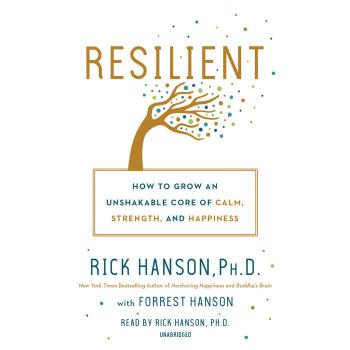Homebrewed Christianity by Tripp Fuller
Homebrewed Christianity by Tripp Fuller is a postmodern critique of the study of Christianity. In this initial volume, Fuller critiques Evangelical Christology. The subtitle (Lord, Liar, Lunatic, or Awesome?) itself a critique on the question about Christ developed by C.S. Lewis. Fuller uses a hermeneutic of suspicion throughout the book.
Fuller begins with a good definition of postmodern thought – what he calls consciousness. There are five elements which shape postmodern consciousness (13-15):
- Historical consciousness – Our place in life (culture, family, religion) are arbitrary.
-
Social conscience – knowledge is a social construction, not a fact.
-
Pluralist consciousness – is the idea that we like in a world occupied by different faiths.
-
Cosmic consciousness – is the skepticism that Jesus is the image of God because of the “bigness” and diversity of the universe.
-
False consciousness – is the belief that there is no purely rational, objective thought.
Fuller summarizes the change that postmodernism has brought (16), and concludes with Paul Ricoeur that this begins “the post-religious period of faith”. At the same time, Fuller shares a very important truth – as Christians, we are defending a hope, not an objective fact (19).
Fuller subscribes to this postmodern thought. For example, Fuller suggests texts that could be used with a “diversity of voices.” This implies that there should never be only one transmission of truth. The author enjoys the idea that we can have “multiple carriers” of truth. The problem with this diversity is that eventually you lose sight of the standard on which the truth is based. (87-88). However, this has its limits. Fuller suggests that Jesus grows to become more like Jesus. This line of thinking is absurd. Jesus is the model, not the means (87).
In typical postmodern fashion, Fuller makes an Analysis of the words we use to discuss theology (113). However, since progressive Christians (like Fuller) have postmodern tendencies, they view language as fluid and always changing. So the ideas, words, and doctrines change with time (117).
Although I disagreed with the analysis Fuller used in this book, I did find many parts useful. For example, he uses The four commentators (the bishop, the elder, the acolyte, the deacon) suggest interesting thoughts throughout the book.
Fuller relies on three major theologians as his influence for the book:
- Jürgen Moltmann
-
John Cobb
Fuller depends upon three different theologians in his analysis of Christology. For example, Fuller relies on Jürgen Moltmann for a theology of the cross (138-139). In this regard, he references some great insights. Moltmann shows how God the Father, the Son, and the Spirit interact with suffering on the cross. (141). Per Moltmann, God shares in our suffering and thus helps us reconcile with Him through it (142).
Fuller then turns to Elizabeth Johnson for help with the gender question. Fuller denies that God has a gender, although Jesus was a man. He claims that because of God’s transcendence, gender if out of the question. Because of his postmodern bent, the author questions the gender of God. (143-145).
This progressive Christian thought against patriarchal notions of God lead to Jesus being known as “Wisdom’s Child.” (146). Fuller continues with a list of dangers which come from defining Jesus by His maleness. I simply don’t understand why Fuller doesn’t accept the Bible at face value. But then, a postmodern understanding of the Bible will always question the language of the Bible.
Fuller provides the feminine argument for God’s matriarchal roots in Proverbs (148). While I don’t completely agree with his assessment, Fuller shares the best “wisdom” which comes from a discussion on the gender of God and Jesus (151) – no pun intended.
Fuller encourages a social gospel theology (161), and suggests an ecological Christology (168). Fuller clarifies the difference between a believing skeptic and a skeptical believer. For him, a believing skeptic is allegiant (calls Jesus the Christ and Lord) versus skeptical believer is subjective (believes but prays that Jesus would help with their unbelief) (168-170).
Fuller rightly criticizes therapeutic Christianity (code for therapeutic moral deism) as a result of modernity, along with global capitalism, the nation-state, and democracy (172). Of course, his criticism comes from a postmodern progressive Christian perspective and as such, he would naturally be opposed to these ideas.
In the end, Fuller tries to reach out to people who are questioning the traditional avenues of Christianity. He works hard to impress people who may not like church programs, denominational structures, and who still want to understand more about God. For this he is to be commended. But I don’t know if my faith has to be “weird” in order for it to be effective (8). I think my faith in Jesus Christ is awesome just the way it is.
Disclosure of Material Connection: I received this book free from the author and/or publisher through the Speakeasy blogging book review network. I was not required to write a positive review. The opinions I have expressed are my own. I am disclosing this in accordance with the Federal Trade Commission’s 16 CFR,Part 255.













